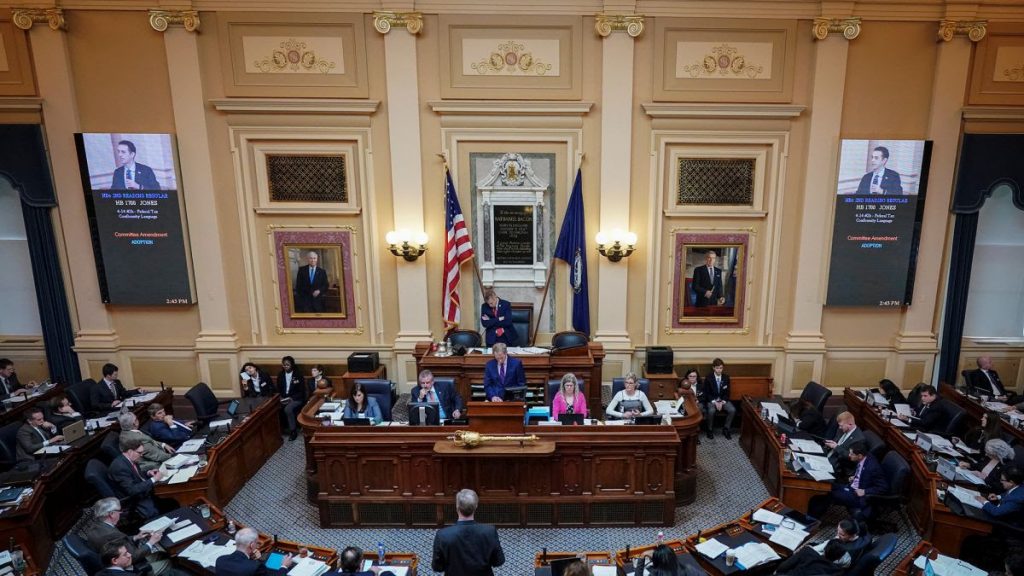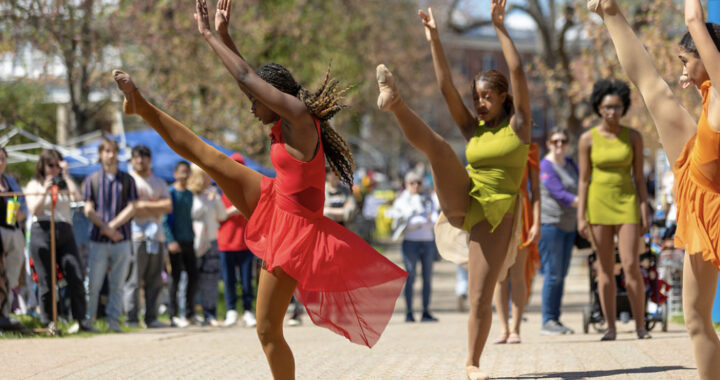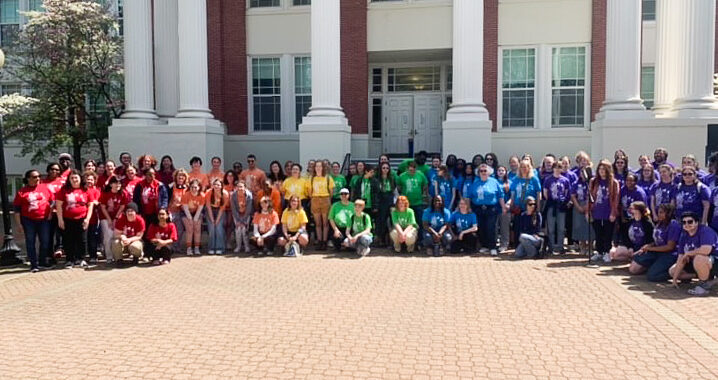Student journalists weigh in on censorship bill
3 min read
Bill 36 is still moving through the legislative process. (The Hill)
by DALEY JENNINGS
Senior Writer
Former journalist and Virginia delegate Chris Hurst (D-Blacksburg) introduced a bill on Nov. 19 that would guarantee student journalists from seventh grade to university the right to exercise free speech in school sponsored media, whether or not it is faculty supported. School sponsored media includes any material that is prepared by student journalists under the direction of a student media adviser and generally dispersed to the student body of the institution. The bill would still protect the institutes right to censor any media that contained cases of slander, libel, violations of privacy or violation of state law.
The Senate version of the bill, SB 80, died in committee. However, this past Friday, the House bill, HB 36, did pass on a 3-5 vote, but it was stripped of all mention of middle school to high school age student journalists.
As of right now, only 14 of the 50 states in the U.S. protect the First Amendment of student journalists, and while cases of how much protection students have will vary on a school-to-school basis, supporters of the bill believe passing it would be a good start to changing the stigma against the press.
Students outside of school publications are granted the freedom of speech on school grounds, per the Supreme Court case Tinker v. Des Moines. The bill, if the House version is passed, would extend this right to student journalists in terms of school-sponsored media.
UMW President Troy Paino said that he was in support of the bill.
“If the bill passes and the Governor signs it into law, I will work with our attorney, board, administrators and faculty to determine its implications and how best we can support students’ First Amendment rights while continuing to manage the University’s exposure to risk,” he said.
Kaitlyn Tiffany, a junior art major, says that this bill would have protected her right to publish what she felt was relevant in her high school years. She felt heavily censored by school officials when she tried to write articles for her school newspaper.
“When I was in high school, my head editor and principal would not allow me to write about politics, sexual orientation, religion or anything controversial. When I did attempt to break their conservative mold, my work was often censored before publication without my explicit permission or consent. Students like myself were not allowed to express our views, write about current events, or create important conversations,” Tiffany said.
Tiffany expressed disappointment in the failure of the House bill to include younger student journalists, and the failure of the Senate bill to pass it at all.
“Young people deserve the right to free speech just as much as any adult. I think it’s unfortunate that it didn’t get passed, it would have been a great protection for young journalists.”
Anna Billingsley, associate vice president of University Relations, thought it would be jumping the gun to comment on how it might affect the student publication on campus.
“Bill 36 is still moving through the legislative process; we generally do not comment on legislation that’s still pending,” she said.
However, she did offer assurance that the school has the students’ best interest in mind when they plan to move forward.
“I can say without question that the University supports freedom of speech and freedom of the press.” she said.
James Pryor, a sophomore English major and a staff writer for the Blue & Gray Press, was disappointed that SB 80 died in committee, as well as the amendments to HB 36, but was not convinced that it would have provided sufficient protection for younger journalists if it had been passed in its original form.
“I really don’t think this will impact them greatly, because if I was in middle school and tried to pull something like ‘well I can actually do this, it’s the law,’ my teacher would probably roll their eyes and just take out my article because what would I be able to do? Open up a case?”
He cited his experience writing for university level newspapers as being substantially different from when he was younger.
“I
didn’t start writing for newspapers until college, so I’m lucky to have
a pretty big breathing room, but when I was younger and did articles
for LGBTQ+ magazines, I definitely had some stuff rejected because it
was too controversial or opinionated when the magazine was more focused
on positivity,” Pryor said.











